Greetings to the kind and generous people of Rivers State, and welcome to another episode of RivEthics on Radio, our character-building weekend show. Please remember that Equality is not a women’s issue, it’s a business issue. Our topic today is in commemoration of the United Nations International Women’s Day, which comes up on March 8th.
International Women’s Day is a time to reflect on progress made, to call for change and to celebrate acts of courage and determination by ordinary women, who have played an extraordinary role in the history of their countries and communities.
Since after the Charter of the United Nations was signed in 1945, as the first international agreement to affirm the principle of equality between women and men, the UN has continued to help create a historic legacy of internationally-agreed strategies, standards, programmes and goals to advance the status of women worldwide. Over the years, the UN and its technical agencies have promoted the participation of women as equal partners with men in achieving sustainable development, peace, security, and full respect for human rights. The empowerment of women continues to be a central feature of the UN’s efforts to address social, economic and political challenges across the globe. The UN deserves kudos for lighting the flame and leading the charge.
Gender equality is essential for economies and communities to thrive. A gender equal world can be healthier, wealthier and more harmonious. That is what we all wish for. Yet that is not the case, as the following statistics show:
• Women earn 23% less than men globally.
• Women occupy only 24% of parliamentary seats worldwide.
• 1 in 3 women have experienced physical or sexual violence,
• 200 million girls and women have suffered genital mutilation.
The emerging global consensus is that despite some progress, real change has been agonizingly slow for the majority of women and girls in the world. Today, not a single country can claim to have achieved gender equality. Multiple obstacles remain unchanged in law and in culture. Women and girls continue to be undervalued; they work more and earn less and have fewer choices; and experience multiple forms of violence at home and in public spaces.
The race is on for the gender equal boardroom, a gender equal government, gender equal media coverage, gender equal workplaces, gender equal sports coverage, more gender equality in health and wealth. We can actively choose to challenge stereotypes, fight bias, broaden perceptions, improve situations and celebrate women’s achievements. We have surely made advances in Rivers State, but more grounds are yet to be covered.
Let us listen to our guest speaker today as she expounds on the subject. She is, Pastor Dr (Mrs) Nonyem Numbere, President of Greater Evangelism Women Fellowship International and wife of the founder Of Greater Evangelism World Crusade. Please enjoy the episode.
Our lovely Rivers people, don’t forget to always let your manners speak for you.
God bless and keep you and your families and God bless Rivers State.
